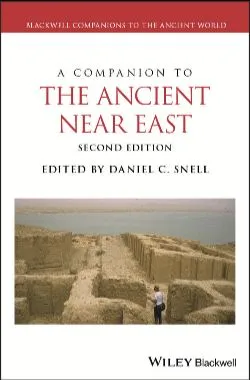
This is an outstanding collection of essays on various themes and issues in Ancient Near Eastern studies. The contributors are a motley group spanning multiple disciplines: languages and linguistics, philology, religious studies, archaeology, history, and so on. The first few chapters are on the relationship that ancient Near Eastern peoples had with their natural environment, then there are a variety of segments related to systems of thought (philosophy, religion, etc.), social life, and reception.
Some of the most interesting essays were in the last section: that on reception. The chapter on Pharaonic Egypt, for instance, was particularly interesting, as were the essays on the relationship between Biblical studies and Ancient Near Eastern studies. The only essay that I took serious issue with was “The Decipherment of the Ancient Near East.” For the most part, it was a useful and interesting piece, but the author makes a couple of potshots against Edward Said, postcolonial studies, and postmodernism that I thought were beside the point: whether academics agree or disagree with these scholars, they have made valuable contributions to Near Eastern Studies.
Certainly, this is one of the better companions or handbooks that I’ve read. It helps to read something like Weavers, Scribes, and Kings: A New History of the Ancient Near East first for a better sense of chronology, as this collection doesn’t spend nearly as much time on it. Moreover, Podany’s book gives a much-needed human dimension: this work tends to be more of a “bird’s eye view” when it comes to politics, states, and society.
For those interested in the topic, this collection is absolutely worth reading.